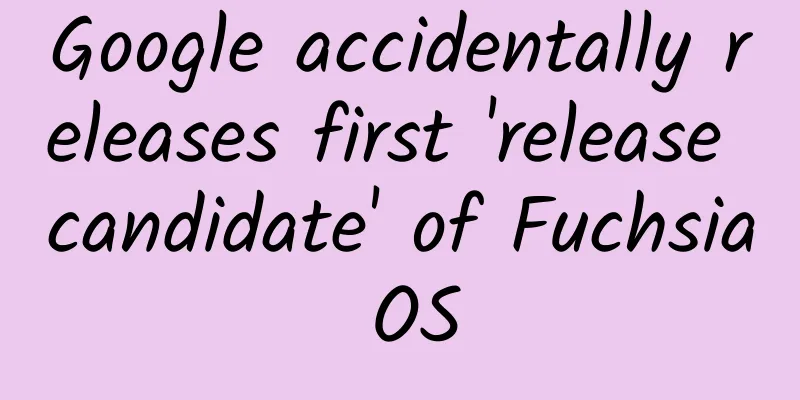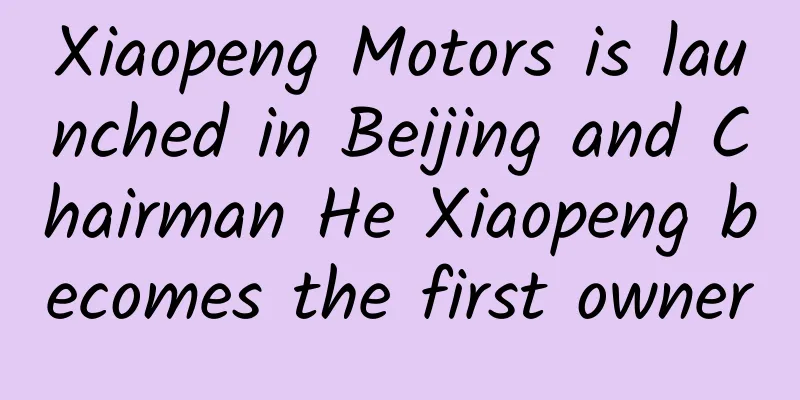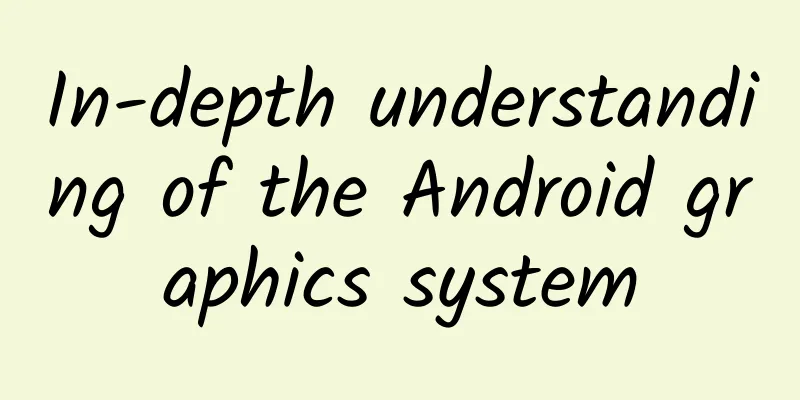Google accidentally releases first 'release candidate' of Fuchsia OS

|
Developers have been watching and eagerly awaiting the official launch of Fuchsia, the operating system that Google is developing, but in fact, the company has barely acknowledged its existence so far. Against this low-key background, the operating system has reached its latest milestone - the first "candidate release". Through the Fuchsia code base, a developer noticed a branch named "releases/20190206_00_RC01". From this name we can assume that Google created a "candidate version" on February 6, which seems to stand for "Release Candidate 01", although we are not sure what the two numbers 00 in the middle mean. Why is this version named "release candidate" instead of alpha or beta? Usually according to the software industry development process, the candidate version is the last testing stage before the software is launched, but for Fuchsia OS, which has not even officially acknowledged its existence, there is no indication that any such testing has been completed. Fuchsia OS is still a very early operating system. Just a few months ago, Fuchsia even gave up the "Armadillo" user interface we had fallen in love with halfway, which means that so far, it is only available to developers, not end users, which is far from what is usually considered a "candidate version."
But the flip side is that we already know that Google has a separate private Fuchsia repository for managing code for proprietary apps like YouTube, and it's possible that an early version of a friendlier interface is hidden in those codebases. Another possibility is that the Fuchsia team was just testing their ability to create a distribution and was not planning to "release" anything. But the logs show that two days later (February 8), two code changes were added to the Fuchsia release candidate branch. Both changes appear to be related to fixing critical networking bugs that sometimes prevent devices from booting up entirely. For whatever reason, Google wanted to deliver these critical fixes in a release candidate, not just a one-off test. Assuming this is truly the first release candidate of Fuchsia, the simplest explanation is that it's for internal use only. If that's the case, it's still at least a milestone in Fuchsia's development progress. While far-fetched, it's still possible that Google intends for the contents of this release candidate to reach the public. Since we first discovered its existence, the Fuchsia and Android teams have been working on getting Fuchsia running in the official Android Studio emulator. Perhaps Google might prepare a version of Fuchsia designed specifically for the emulator, allowing developers to start developing applications for the fledgling operating system. With I/O 2019 just around the corner, we’ll be watching for the possibility of Fuchsia being mentioned during developer events. |
<<: Facebook develops AI voice assistant, but its financial future is uncertain
Recommend
In-depth information | The most comprehensive guide to Baidu information flow advertising is online
Baidu is one of the three largest traffic giants,...
What are the design differences between Android and iOS? Here are 7 differences summarized by experts!
Since most mobile devices used by designers and p...
Can hot water disinfect and sterilize bowls? Don't underestimate bacteria, try these methods to kill them →
Author: Xu Dong, Associate Professor, School of F...
After the terminal competition, Xiaomi chose to challenge LeTV from the content
At Xiaomi's "Sea Embraces All Rivers&quo...
Projects die in the cold winter, but businesses survive
[[153510]] Three days ago was my first anniversar...
Can your fat be broken down by not eating staple foods? Uncover the truth about the ketogenic diet!
Losing weight can be said to be a lifelong career...
One article is enough for the year-end marketing plan of wine promotion
How to promote alcoholic products? An article wil...
Apple is making trouble again, IOS11 has a new hidden feature
Not long ago, the new iOS 11 became popular in th...
Take a look at your nails right away. If this happens, you may be sick.
One minute with the doctor, the postures are cons...
8 facts about mobile internet advertising
In the past two years, mobile advertising has bro...
21 essential operation tools for new media operations! (Recommended for collection)
The core essence of new media is actually tools. ...
Could sunlight enable our clothes to generate electricity?
Do you know what the sun does? Sunlight can bring...
What is the Ultimate Form of TV? A Comprehensive Analysis of TV Technology
For many people, 1080P once represented high-qual...
What is the “raw coconut” in raw coconut latte? Why is it so popular?
Unexpectedly, one year later, the concept of “raw...
WeChat launches 5 new features, including limited-time status and quick delivery by long pressing
01Add WeChat status With the opening of the Tokyo...









